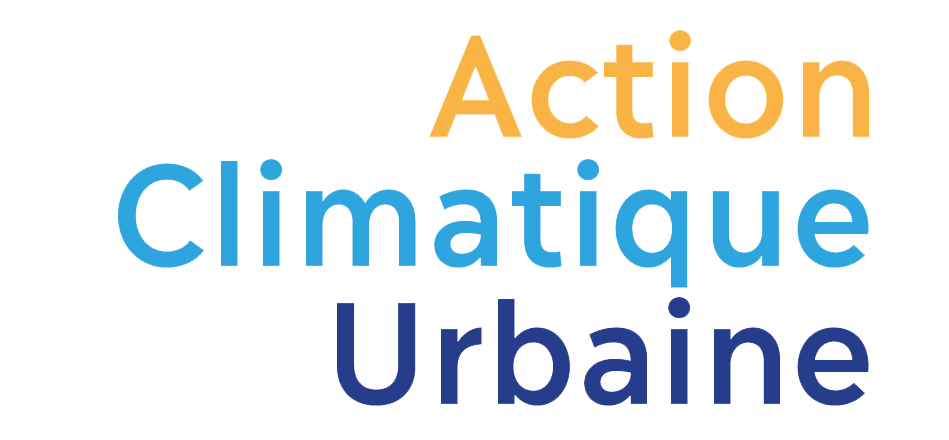With the Celsius group, the Chair participated on December 13th in the public consultation on the “Roadmap towards zero emission buildings in Montreal by 2040“, organized by the City of Montreal. The group welcomes the City’s ambition and emphasizes the importance of broadening the objectives beyond direct GHG reduction to include adaptation, equity, support for citizen action and the fight against energy insecurity.
The Celsius group proposes the establishment of local structures for collective action and an interdepartmental body to link this process to Transition en Commun. Click here to consult the group’s report, which was presented to the consultation.
Context of the report
This report is presented by a group of organizations and citizens who have been working together for several years on the adaptation of existing residential housing to support the socio-ecological transition in Montreal.
This group includes:
- Coop Celsius, a non-profit solidarity cooperative that relies on citizen action to build unifying energy transition projects while developing greener, fairer and more prosperous living environments.
- Solon, a non-profit organization that accompanies Montreal neighbourhoods in the transition.
- Coop Carbone, a non-profit solidarity cooperative that supports the development of collaborative GHG reduction projects in Quebec.
- The Canada Research Chair in Urban Climate Action, which aims to analyze and contribute to different forms of collective action in the face of climate change in urban areas, through comparative research and partnerships rooted in the community.
These actors are at the heart of the “Lab Celsius”, a partnership that has been in place for over a year and that also includes the BTER, PME Mtl and the Fonds Climat du Grand Montréal, with the objective of (1) establishing a common vision on the transition of existing residential buildings in Montreal and (2) identifying the barriers and levers that will allow this vision to be implemented

